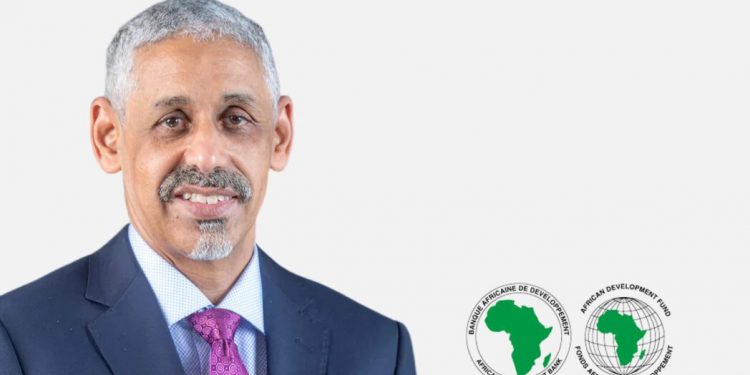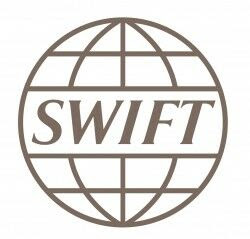Sidi Ould Tah of Mauritania has been elected as the new president of the African Development Bank (AfDB), taking over from Nigeria’s Akinwumi Adesina, who completed two terms in office. Tah becomes the ninth individual to lead the institution since its founding in 1964 and will serve a renewable five-year term.
The election, held during the AfDB’s annual meetings, was contested by five candidates and concluded after three rounds of voting. Tah emerged as the clear winner with 76.18% of the total votes, defeating Zambia’s Samuel Maimbo, who received 20.26%, and Senegal’s Amadou Hott, who managed 3.55%. The swift conclusion of the voting process underlines the strong consensus behind Tah’s candidacy among the Bank’s regional and non-regional members.
A seasoned development expert, Sidi Ould Tah brings to the role years of experience in public finance, international cooperation, and regional economic development. Before his election, he served as the Director-General of the Arab Bank for Economic Development in Africa (BADEA), where he was credited with expanding the bank’s support for infrastructure, trade, and private sector growth in African countries.
In a statement posted on social media after the election, Tah expressed appreciation to the Bank’s member countries for their trust. “I am humbled and honored to be elected President of the African Development Bank. I extend my deepest gratitude to all who supported me — regional and non-regional members and the leaders and countries they represent. This marks the beginning of a challenging yet inspiring journey. Together, we will drive Africa’s transformation with unity, ambition, and purpose.”
Tah takes office at a time when the continent faces multiple economic challenges, including rising debt levels, climate vulnerability, youth unemployment, and a pressing need for infrastructure and energy development. Under his leadership, the AfDB is expected to continue playing a vital role in mobilizing resources, promoting inclusive growth, and accelerating sustainable development across Africa.
As he assumes office, observers will watch closely how Tah steers the institution in deepening its impact, fostering partnerships, and navigating the complex economic landscape that African nations currently face. His election signals continuity in the Bank’s commitment to African-led development, but it also opens a new chapter with the potential for fresh priorities and renewed strategies.










